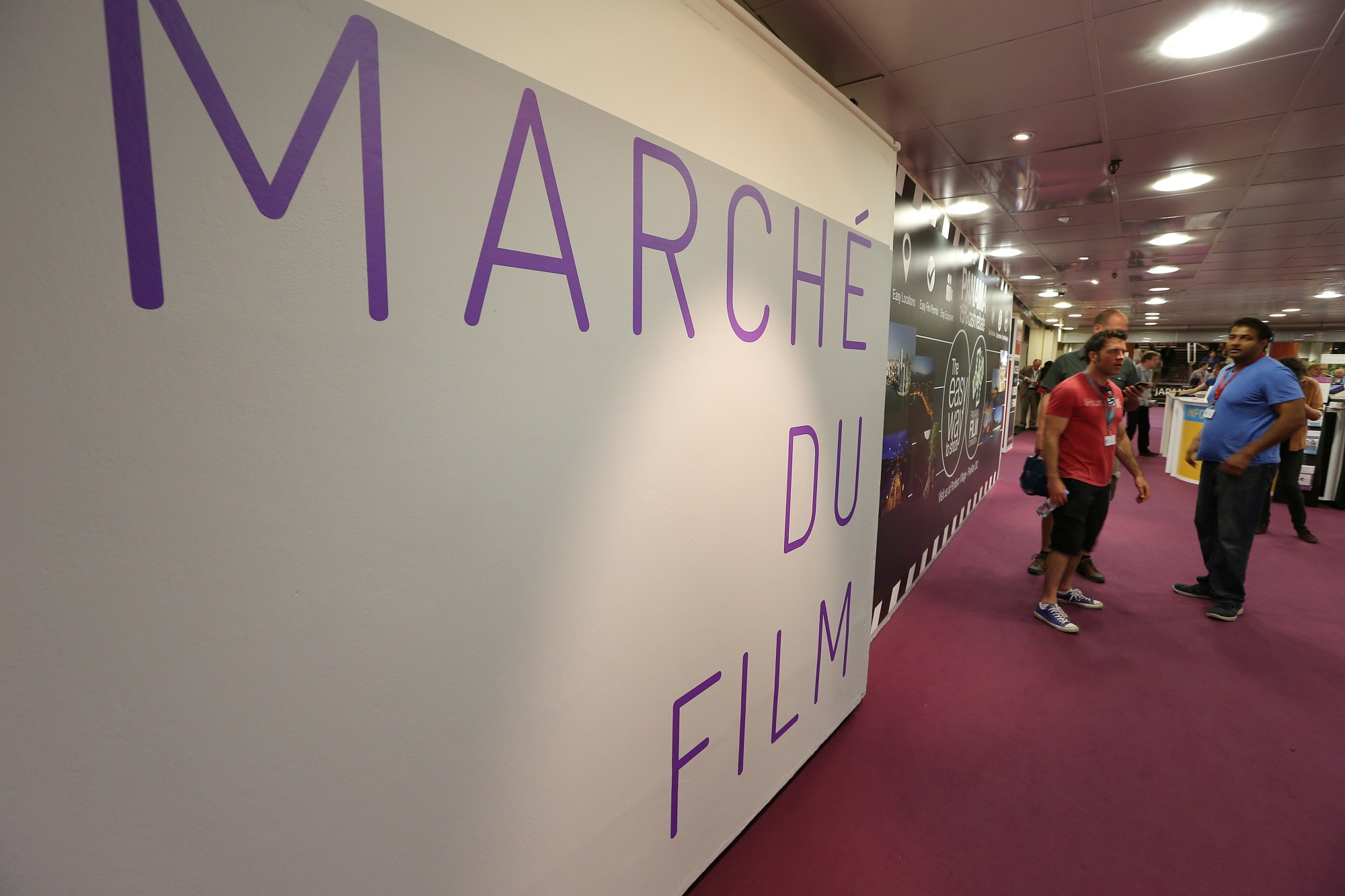
- Festivals
Cannes 2019 – The Industry Behind the Art
More than any other film festival -with the possible exception of Berlin, which comes close- Cannes is first and foremost a market festival. Taking place too early in the year to truly influence the awards season – Telluride, Venice and Toronto are the leaders in that department – Cannes is all about deals and money.
Independent production companies that are looking for distribution for their finished or in development titles, as well as wannabe directors, writers and producers with barely more than an idea for projects that – according to them – will be the next blockbuster, Oscar winner or at least festival darling, roam the cafés and bars, try to get into the big premieres and important parties and clamor for meetings with studio moguls, affluent buyers and sometimes questionable financiers from countries not known for a serious film industry but rather billionaires who buy projects because their vanity dictates it. None of those characters seems too rich to not want to have their picture taken next to an actor on the red carpet.
The business often outweighs the art: in previous years we have wondered about that huge billboard in front of the Hotel Majestic or the large installation in front of the Carlton with a movie title splashed across no one had ever heard of, supposedly starring the likes of Jean Claude Van Damme or someone similar. What was it and what was it doing there? Said film clearly had not been filmed yet and all that hoopla was only created to attract attention. And money. Most of these “hot projects” don’t even have a script, may have a contract called a ‘letter of intent’ by a star which means nothing (because it is pending financing) and, in the end, may never see the light of the camera much less the big screen of the Palais des Festivals. But such is the nature of the Cannes game.
And then there are the different sections of the festival that do not all operate under the same guidelines. The Director’s Fortnight is one of them, but it has been taking place independently from the main selection and been run by the French Directors Guild since 1969. And it has its very own policy when it comes to selection which, this year, is putting it at odds with the official festival. While Cannes has implemented a firm rule that streamers cannot compete after French distributors staged a heavy protest (they insist on a 36-month window between cinema runs and streaming on online platforms that was violated by Netflix), the Directors Fortnight has no such inclination. Their selections are non-competitive, although their films are eligible for the Camera d’Or, the first-time director prize. This is one loophole that is bound to upset the powers that be of the main competition because the Directors Fortnight lineup includes Wounds by Iranian-British director Babak Anvari. The film that stars Armie Hammer and Dakota Johnson originally premiered at Sundance. And it is distributed by – you guessed it – Netflix. Two other possible controversies were avoided when neither Steven Soderbergh’s The Laundromat (about the Panama Papers) nor Martin Scorsese’s mafia drama The Irishman (starring Robert De Niro and Al Pacino) did not get finished in time.
Streaming platforms oppose the festivals strict rules because they maintain that the art should speak for itself and that it is very unfair to judge a film by the way it is shown rather than for artistic merit. This is a discussion that no one expects to end any time soon. And certainly not to everyone’s satisfaction.

